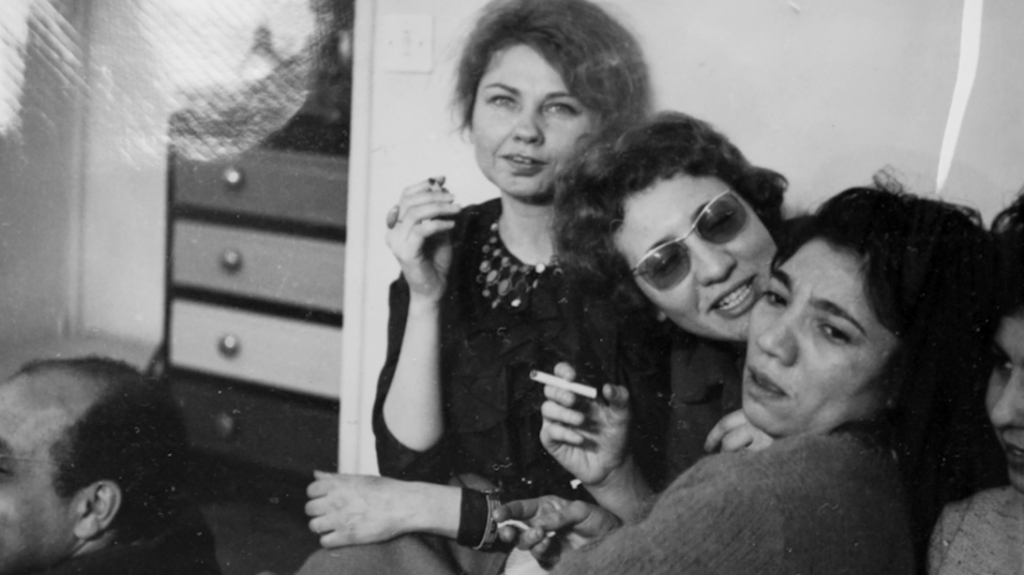Below, we publish a few questions addressed to director Raphaël Pillosio about his competition film Les mots qu’elles eurent un jour (The words women spoke one day).
Archivio Aperto explores the theme of memory and archives. How does your film intercept this theme? What elements of the film highlight this exploration of memory?
In 2004 I directed a film, Algerie, d’autre regards, in which I filmed French recording artists who had made documentaries against the Algerian war during the war. In this context, I met Yann Le Masson, Olga Poliakoff, René Vautier, Pierre Clément and Cécile Decugis. I remained very attached to them. At one point, Yann told me about images of Algerian activists he had filmed in 1962 and had just recovered. Yann had thought about making a film with these images, but he was probably already too old to start shooting. So at a certain point, he told me: Raphaël, you do it.
How do archive images influence the construction of the narrative? Can you tell us about a sequence in your film where archive images transformed or enriched the message you intended to communicate?
There is a sequence that uses three different sources of archive footage. Three excerpts of the same woman shot at different moments in her life and edited in the same sequence. What happens is truly incredible in my eyes: this woman is always the same despite being radically different! This is very disturbing to me because it questions me about our way of being in the world, and about the meaning of our commitment. And I have the impression that only cinema allows us to feel and ask ourselves these questions…
Quali sono i film found footage o sperimentali che hanno avuto un ruolo importante per la tua formazione?
The question of archive images has always fascinated me and therefore many archive films are important in my cinematographic journey. I’ll mention just three: Reprise by Hervé Le Roux which is an extraordinary film and of which Les mots qu’elles eurent un jour is certainly an echo. The Autobiography of Nicolae Ceaușescu by Andrei Ujica, had a very strong impact on me, impressed me and gave me food for thought. Finally, Harun Farocki’s Ensursis is an essential film about 20th-century tragedy.
